The FDA has expanded a nationwide recall of supplements. These supplements contain undeclared drug ingredients. The recall now includes products sold on Amazon.
This expansion highlights the ongoing challenges in regulating dietary supplements. Did you know? The FDA regulates dietary supplements under the Dietary Supplement Health and Education Act of 1994.
Umary Hyaluronic Acid Supplements: At Center of Recall
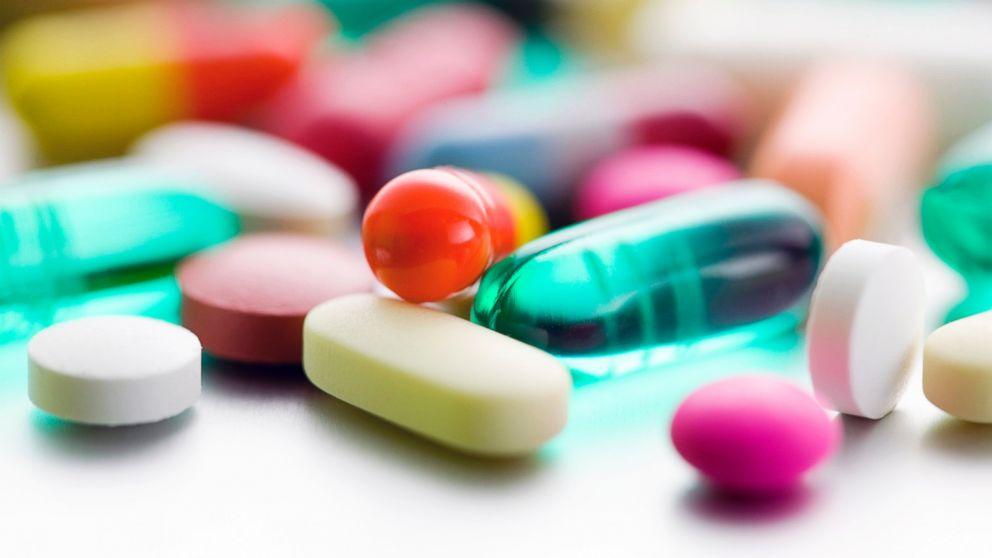
Main Products, Inc. has recalled all lots of Umary Acido Hialuronico supplements. These supplements were marketed to treat pain. They contain 850 mg of hyaluronic acid per tablet.
The recall affects products sold through Amazon and SoloVital.com. The global hyaluronic acid market was valued at $7.2 billion in 2020.
Hidden Dangers: Diclofenac and Omeprazole Found in Pills
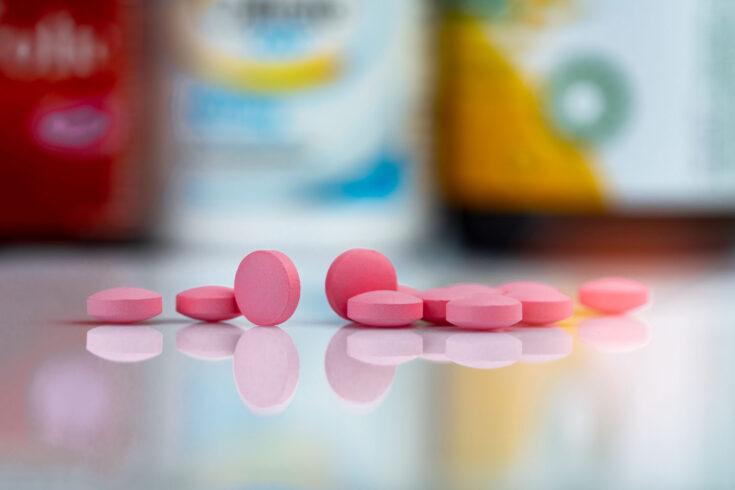
FDA laboratory analysis revealed the presence of diclofenac and omeprazole. These drugs cannot be legally marketed as dietary supplements.
Their presence makes Umary an unapproved new drug. The FDA has not established the safety and efficacy of this product. But what risks do these hidden ingredients pose to unsuspecting consumers?
Omeprazole: Stomach Acid Reducer with Potential Risks
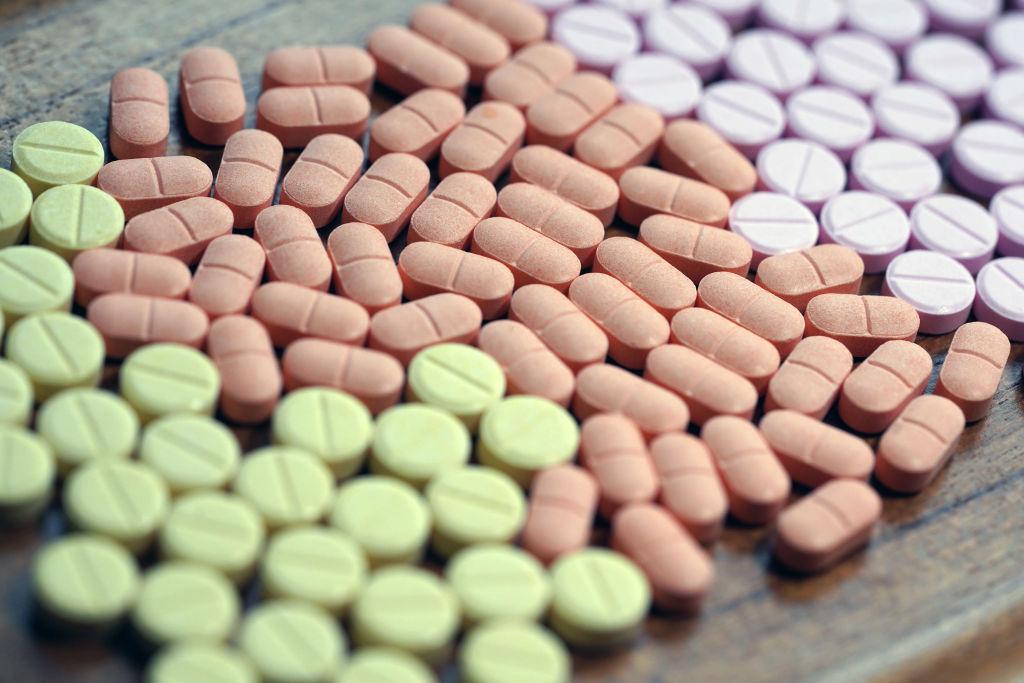
Omeprazole is a proton pump inhibitor used to treat stomach acid disorders. It can cause serious skin reactions and gastrointestinal issues.
The drug may mask symptoms of more serious conditions like stomach cancer. It can also interact dangerously with other medications. Did you know Omeprazole was first approved by the FDA in 1989?
Diclofenac: NSAID with Serious Cardiovascular and Gastrointestinal Risks
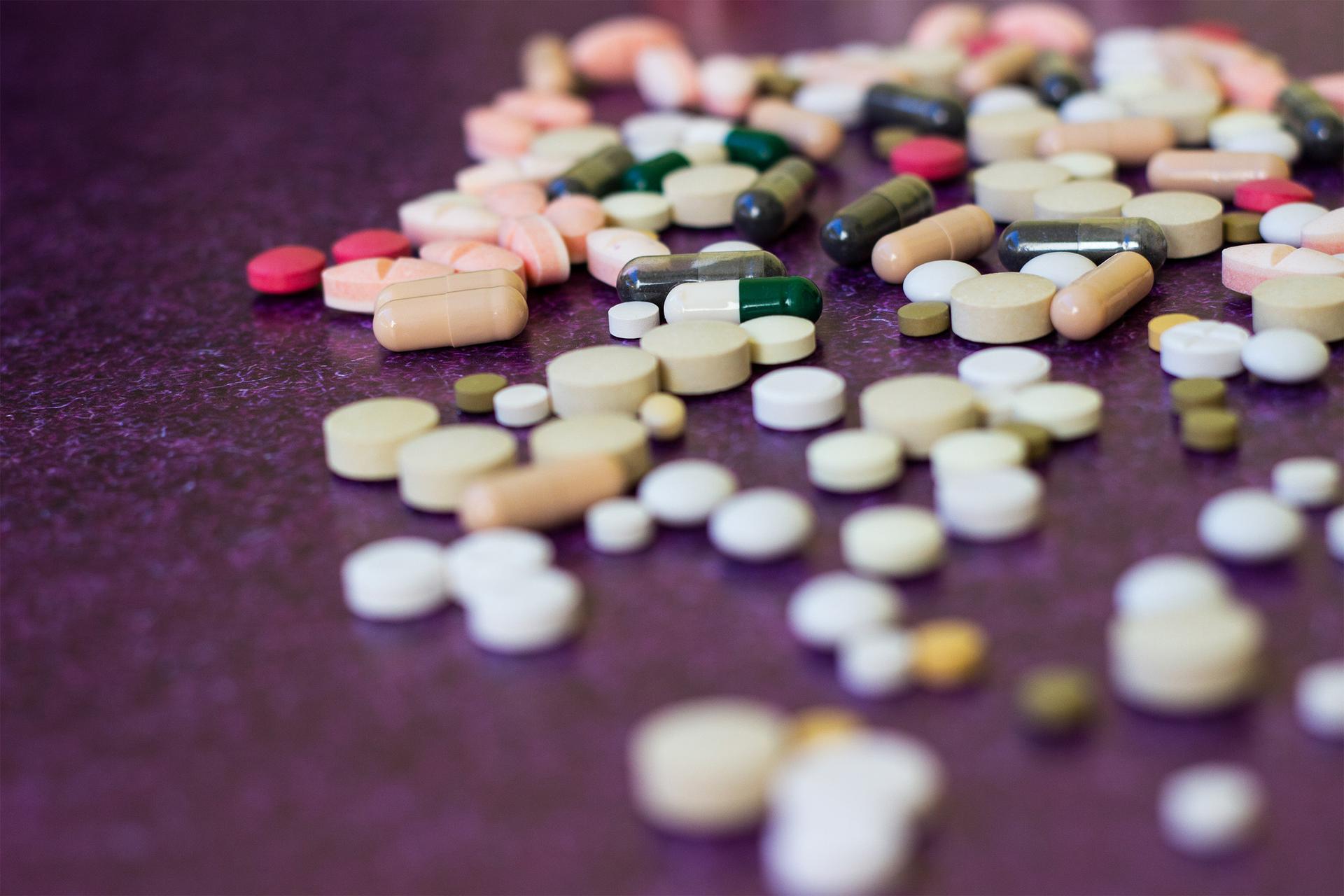
Diclofenac is a non-steroidal anti-inflammatory drug (NSAID). High levels of undeclared diclofenac can cause severe adverse events. These risks are especially high for certain groups of people.
The drug can interact dangerously with anticoagulants and other medications.
Did you know? Diclofenac was first synthesized in 1973 by chemists at Ciba-Geigy.
Regulatory Challenges: Supplements Slip Through FDA Oversight
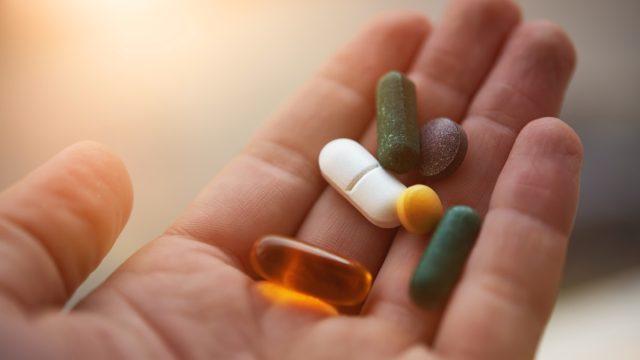
The FDA doesn’t regulate supplements as strictly as other products. Manufacturers are responsible for ensuring supplement safety before marketing.
The FDA can only take action after products hit the market. This system creates opportunities for potentially dangerous products to reach consumers. With such loose regulations, how many other tainted supplements might be on the market?
Consumer Alert: Stop Using Umary Supplements Immediately
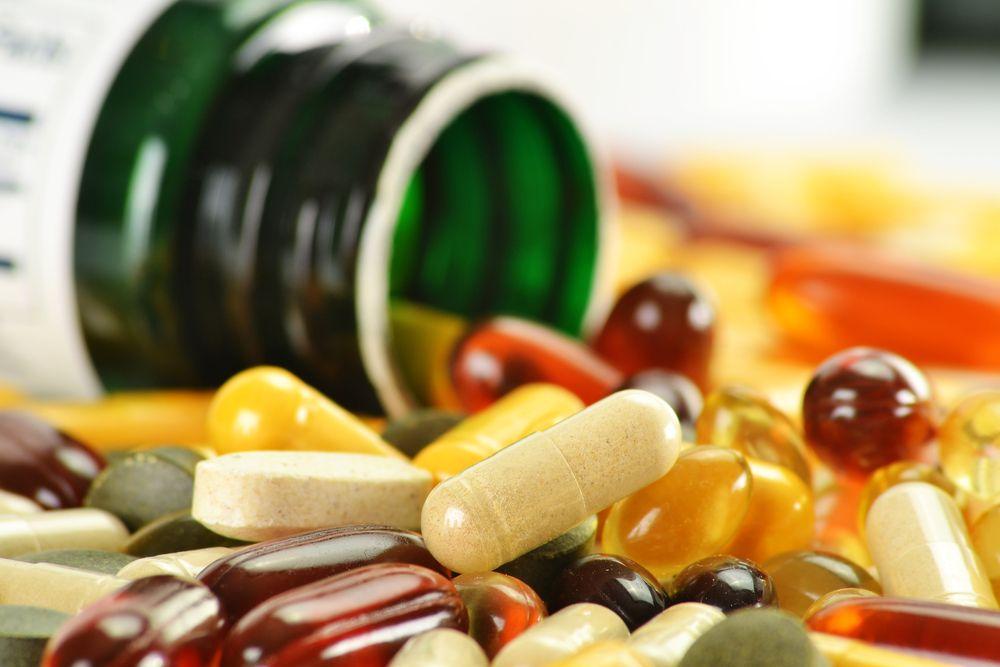
The FDA urges consumers to stop using Umary supplements. Customers can return the products to Amazon or mail them back. Main Products, Inc. is contacting customers about returns.
Consumers should be vigilant about checking for recall notices. In 2021, the FDA issued 69 public notifications about tainted supplements.
Health Risks: Adverse Events Linked to Tainted Supplements

Consumers who have taken these supplements may experience health issues. The FDA advises contacting a healthcare provider if problems occur.
Adverse events should be reported to the FDA’s MedWatch program. This reporting helps the FDA identify and address safety concerns.
Amazon’s Role: E-commerce Giant Caught in Recall

Amazon, as a major retailer, is involved in this recall. The incident highlights challenges in monitoring third-party sellers. E-commerce platforms may need to increase scrutiny of supplements.
This recall could lead to changes in Amazon’s supplement policies. Amazon accounted for 50% of all e-commerce sales in the US in 2021.
Industry Impact: Recall Shakes Consumer Trust in Supplements
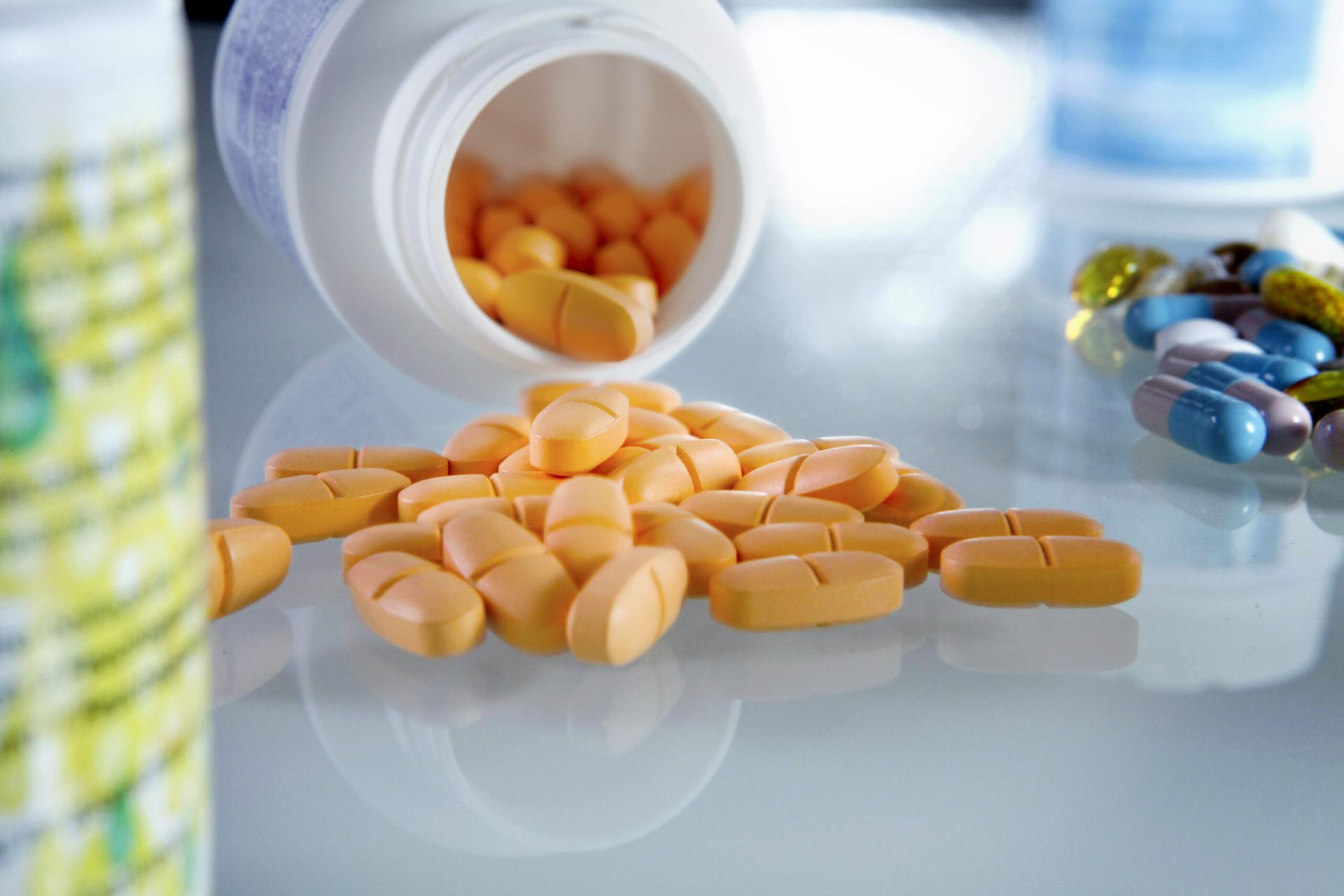
This recall may damage consumer confidence in the supplement industry. It underscores the need for stricter regulation and testing. Reputable supplement companies may face increased scrutiny.
The incident could lead to calls for reform in supplement oversight. Will this recall spark a movement for more rigorous supplement regulation?
Thalidomide: The Drug That Changed FDA Forever
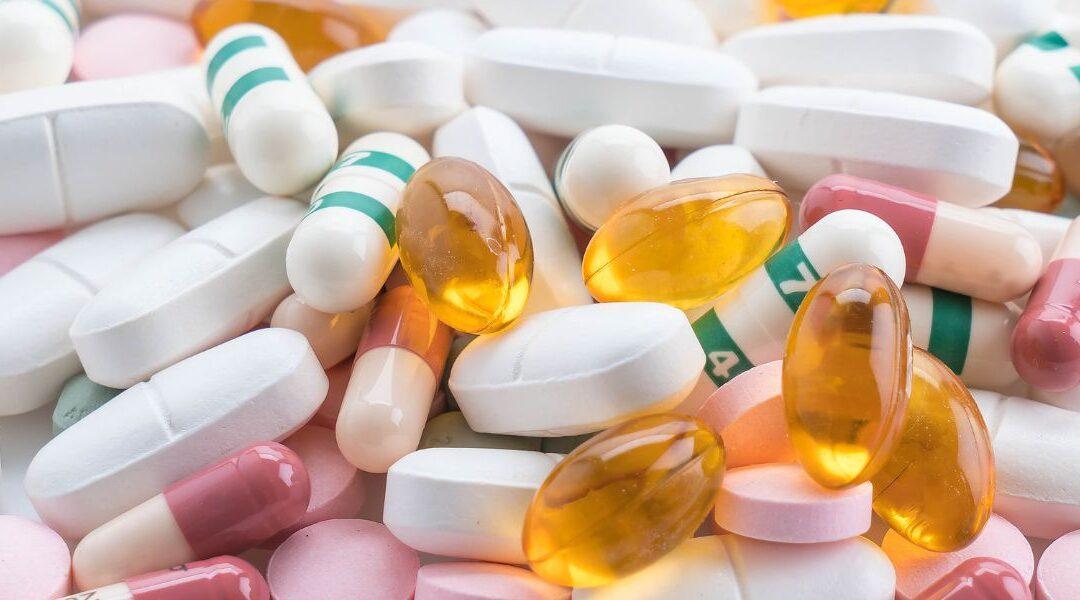
Thalidomide caused thousands of birth defects worldwide in the 1950s-60s. The FDA’s refusal to approve thalidomide saved countless American babies.
This tragedy led to the 1962 Kefauver-Harris Amendment, strengthening drug regulations. The FDA now requires extensive testing for drug safety and efficacy before approval.
Vioxx: Painkiller’s Heart-Stopping $4.85 Billion Recall
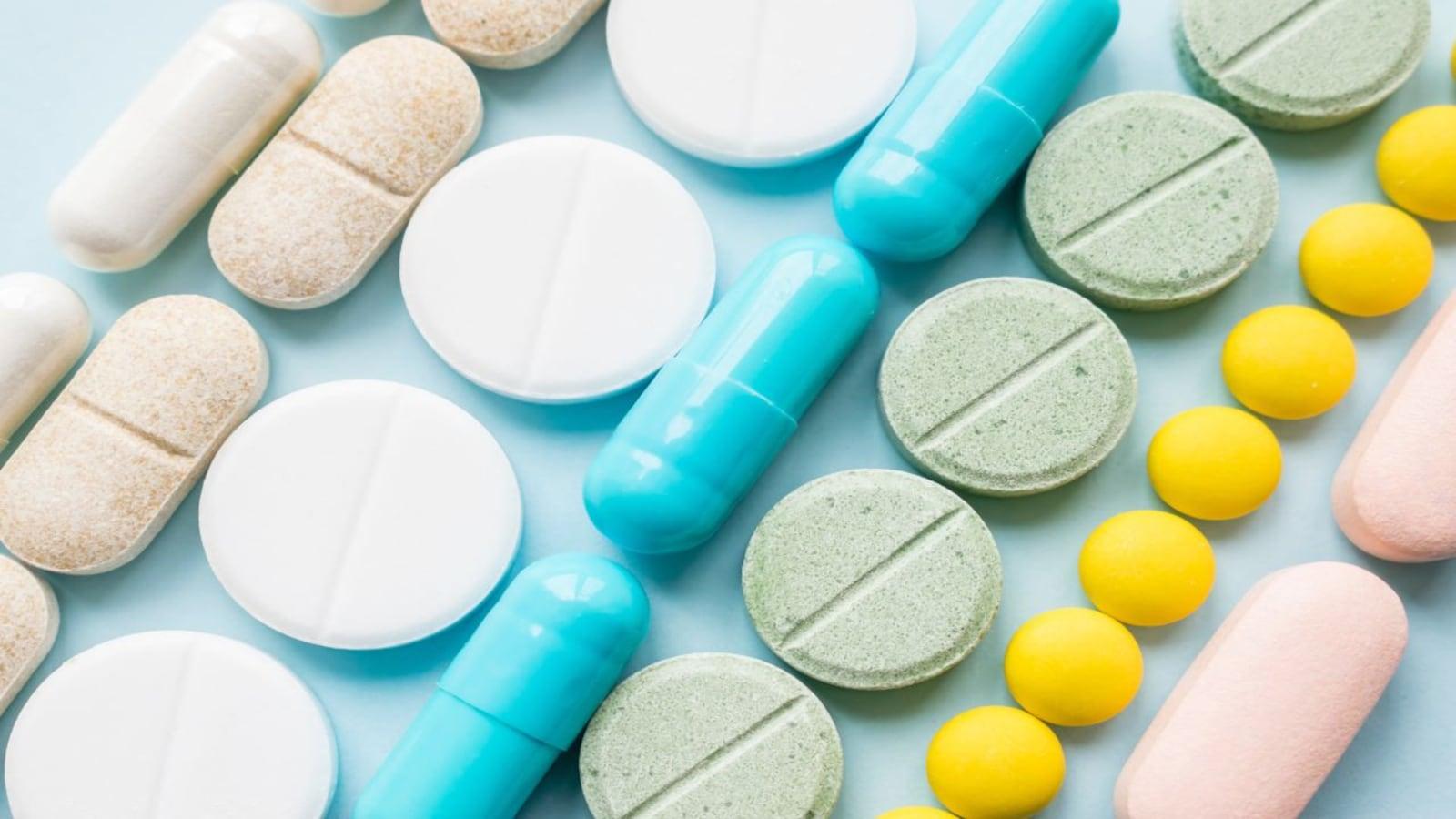
Merck withdrew Vioxx from the market in 2004. The arthritis drug increased heart attack and stroke risks.
Vioxx had been prescribed to over 20 million Americans. Merck paid $4.85 billion to settle 27,000 lawsuits related to Vioxx.
Tylenol: Cyanide Crisis Sparks Tamper-Proof Revolution
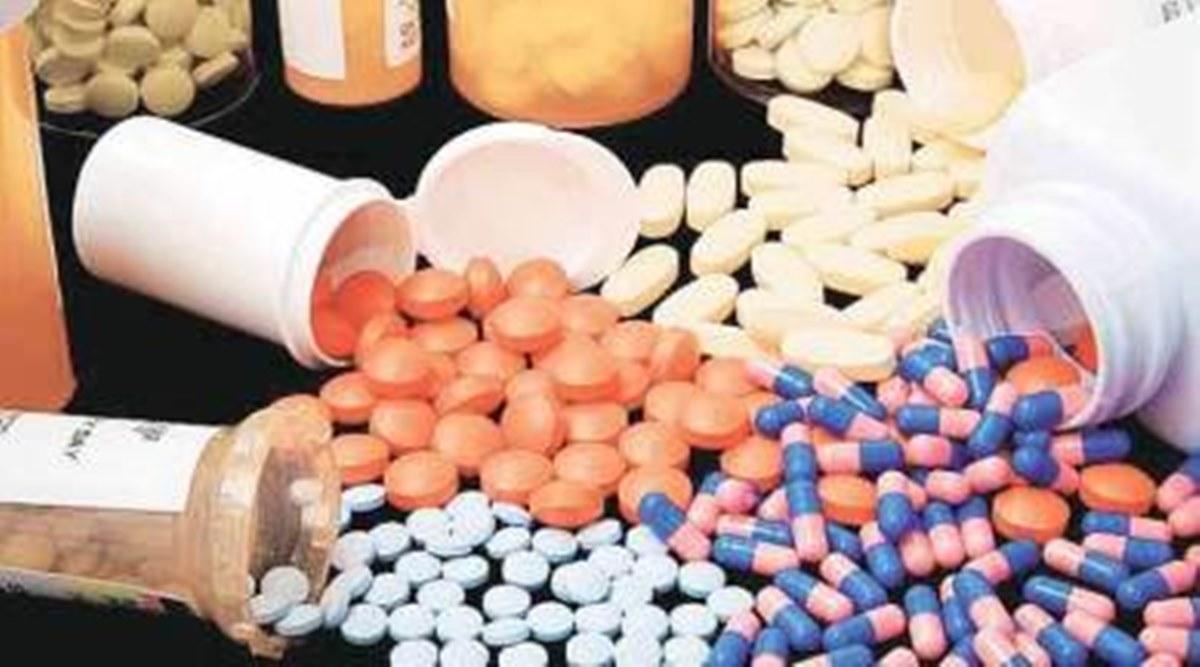
Seven people died from cyanide-laced Tylenol in 1982. Johnson & Johnson recalled 31 million bottles worth $100 million.
This incident led to anti-tampering packaging regulations. The Tylenol crisis became a model for corporate crisis management.
Fen-Phen: Diet Drug Cocktail’s Deadly Heart Valve
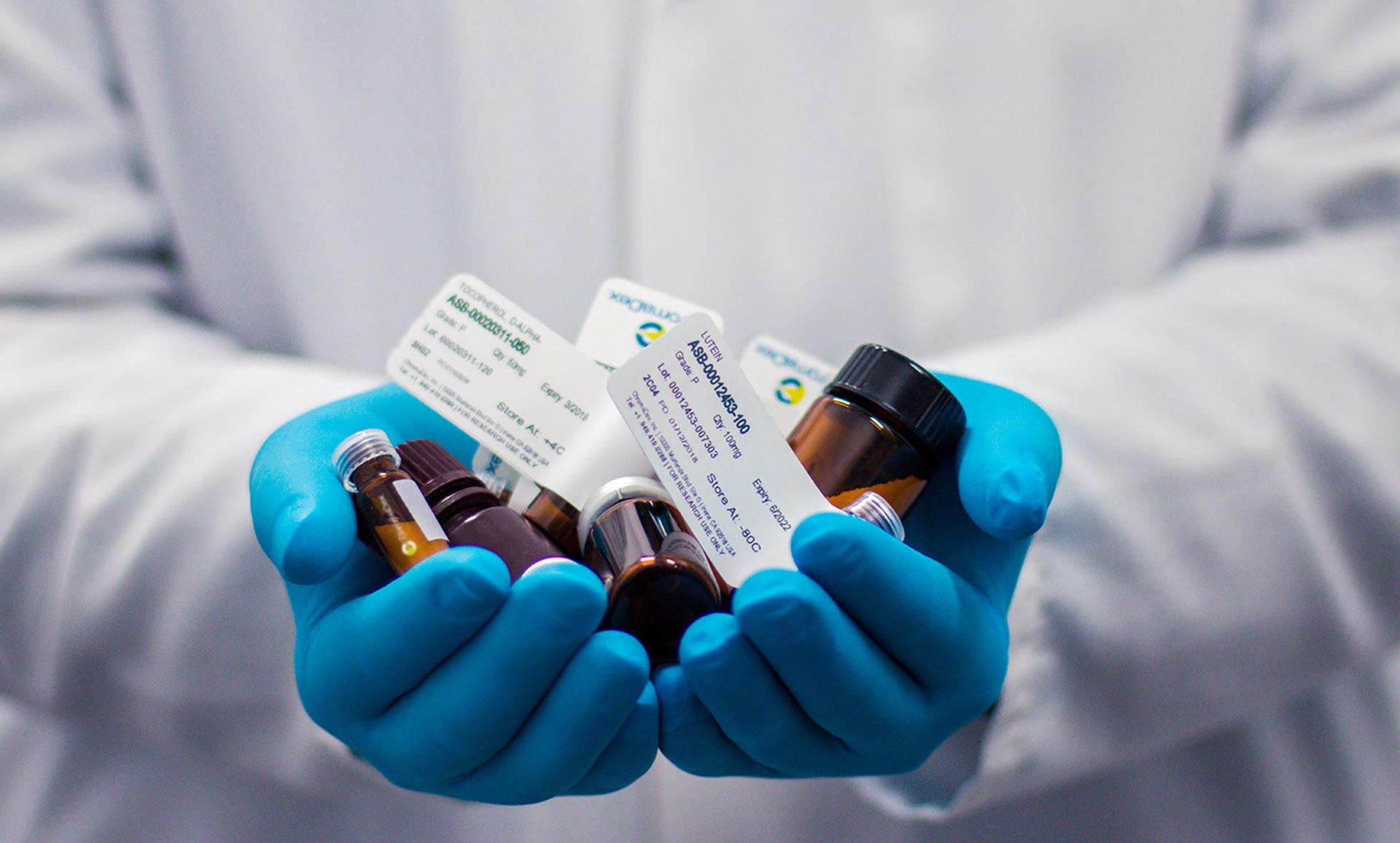
Fen-Phen, a popular weight loss drug, was recalled in 1997. It caused serious heart valve problems in thousands of users.
Wyeth paid over $21 billion in legal claims. The Fen-Phen recall highlighted the dangers of off-label drug combinations.
Baycol: Cholesterol Drug’s Muscle-Wasting Nightmare

Bayer recalled Baycol in 2001 due to fatal muscle-wasting side effects. The cholesterol-lowering drug was linked to 31 deaths in the US.
Bayer faced over 14,000 lawsuits and paid $1.2 billion in settlements. The Baycol recall highlighted the importance of post-market drug surveillance.


